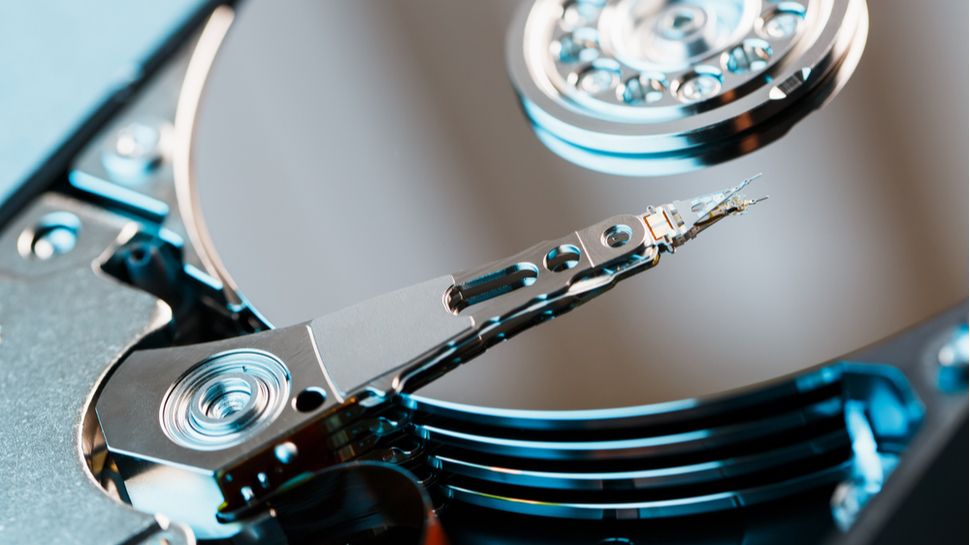Eco-Friendly Ant Control Services: Sustainable Solutions for Homes
Introduction: Ant infestations can be a persistent challenge for homeowners, but the use of Eco-Friendly…


Introduction:
Ant infestations can be a persistent challenge for homeowners, but the use of Eco-Friendly Ant Control Services introduces a sustainable and environmentally conscious approach. Discover how these services are reshaping ant control strategies while prioritizing the health of your home and the planet.
The Environmental Impact of Traditional Ant Control:
Traditional ant control methods often involve the use of chemical pesticides that can pose risks to humans, pets, and the ecosystem. Eco-Friendly Ant Control Services acknowledge the environmental impact of these chemicals and focus on alternatives that are safe, sustainable, and effective.
Integrated Pest Management (IPM): A Holistic Approach:
Eco-Friendly Ant Control Services embrace Integrated Pest Management (IPM) as a foundational strategy. This holistic approach considers the ant infestation within the broader context of the ecosystem. By addressing factors like food sources, entry points, and ant behavior, IPM creates a comprehensive and sustainable solution.
Natural Repellents and Deterrents:
One key component of eco-friendly ant control is the use of natural repellents and deterrents. Essential oils such as peppermint, cinnamon, and citrus are known for their ant-repelling properties. Eco-Friendly Ant Control Services leverage these natural substances to create barriers that discourage ants without harming the environment.
Non-Toxic Baits and Traps:
Eco-Friendly Ant Control Services prioritize the use of non-toxic baits and traps. Unlike traditional traps that may contain harmful chemicals, these alternatives are designed to capture ants without posing risks to other organisms. The use of eco-friendly baits contributes to a safer and more sustainable ant control process.
Biological Control with Beneficial Organisms:
Introducing beneficial organisms into the environment is a sustainable method employed by Eco-Friendly Ant Control Services. Natural predators like nematodes or certain types of ants can help control ant populations without the need for chemical interventions. This biological control approach supports a balanced and eco-conscious ecosystem.
Preventive Measures and Habitat Modification:
Eco-Friendly Ant Control Services emphasize preventive measures and habitat modification to deter ant infestations. This may involve sealing entry points, eliminating food sources, and adopting landscaping practices that discourage ants. The focus on prevention reduces the need for reactive pest control methods.
Community Education and Involvement:
Beyond providing services, Eco-Friendly Ant Control Services engage in community education. Informing homeowners about ant behavior, prevention strategies, and the importance of eco-friendly practices fosters a sense of shared responsibility. Community involvement is a key aspect of creating sustainable, ant-free environments.
Regular Monitoring and Follow-Up:
Eco-Friendly Ant Control Services prioritize regular monitoring and follow-up as part of their approach. Instead of relying on one-time interventions, these services implement ongoing strategies to track ant activity, assess the effectiveness of measures, and make adjustments as needed for long-term success.
Safe Disposal of Ant Nests:
When necessary, Eco-Friendly Ant Control Services focus on the safe disposal of ant nests. Instead of using harsh chemicals, eco-friendly methods ensure that ant nests are removed in a way that minimizes environmental impact and supports the overall health of the ecosystem.
Conclusion:
Eco-Friendly Ant Control Services offer an ethical and sustainable alternative to traditional pest control methods. By embracing natural repellents, non-toxic baits, and holistic strategies like IPM, these services provide effective ant control while prioritizing the well-being of your home and the environment. To explore the benefits of eco-friendly ant control, visit HomeInHarmonia.com and create a harmonious living space free from harmful chemicals.







